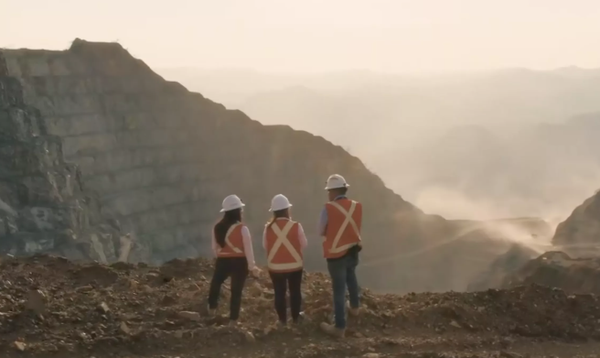Surviving the coming hard times
The short version - get yourself some good land with self sufficient neighbors
With western leaders now making headlines by warning of “food crisis without precedence”, I’m sure many of you are asking what you can do to protect yourself and your family if things do get as bad as can be imagined.
As I’ve remarked many times on Twitter, my biggest piece of advice for anyone who wants to hedge against the possibility of sufficient calories not being available at any price, is to leave the cities - and not just to leave them - but to be as far away as possible.
The underlying logic is that the cities will be most dependent on outside systems for their support. They generally don’t produce anywhere close to their caloric needs without the support of surrounding farmland and imports even from other countries. They are affected not just by bad harvests and higher prices, but supply chain issues as well which can arise due to blockades - trucker strikes, Black Sea blockades, export bans - to name a few which have already materialized.
The other factor is that in cities, and even suburban areas, none of your neighbors produce enough food to meet their caloric needs, either, so if things get bad enough, neighbor turns against neighbor to seize hoarded food. The COSTCO runs you made don’t count for much when your heavily armed neighbor gets hungry. The most common method historically to defeat any city has been to starve it to capitulation - when people become desperate.
So then the question becomes, where do you go? The answer is simple - to places where as many people provide for their own caloric needs - and personally produce excess. Those are the places where you can barter other materials for food, or can be sure that your neighbors will not need to raid and attack you to survive. For example - the area that I live in - which also has its own issues - features a nearly year ground growing season (with 3-4 month dry season) and rich volcanic soil. This area produces far more food than it needs to survive, and even feeds 70% of a country of 4 million people, with plenty of spare capacity for more food production. Everywhere you look there are wild squash, fields of produce, and plenty of fresh water.
Panama has its own issues, as does my home province of Chiriqui, but from a food supply standpoint, it’s relatively secure. I grew up in rural Kentucky and view that area as also somewhat self sustaining - though there are far fewer small farmers than when I was a kid, or especially when my grandfather was a kid and everybody farmed.
The trick is, again, pick a place to be for the next few years with good soil, good water, and a lot of people who can already fend for themselves, so to speak. In a total societal breakdown, skills like programming and finance (most of my professional background) will count for much less, while skills such as building, farming, craftsmanship and hunting will count for a lot more (my childhood background).
Another theme to mention is wild game - an area where my area is actually relatively weak (though there are very large fish populations). Many rural areas in the US are absolutely overrun with deer, turkey, and pigs - to the point that local natural resource offices actually need to control populations. Though your neighbors are heavily armed, there is a lot of game. Combined with small farming and a local populace that knows a lot of “old school” skills, your chances of survival are very good.
Anyway, at the very least, you can have yourself a rural adventure. Here is what I would say is a “top 10” list of attributes and skills you want:
- A not densely populated location with residents who can provide for a large portion of their personal caloric needs - preferably a place where food and natural resources are exported.
- Close to a year round growing season, or at least lots of game.
- “Easy” livestock like chickens and pigs.
- Good soil where staple foods like heirloom corn, beans, and squash (the “Three Sisters” according to Native American lore) can grow well without fertilizer.
- Basic knowledge of food systems or a willingness to learn. Preferably where you have access to cheap labor (it takes a village).
- At least some basic tools for hunting, fishing, and trapping.
- At least 1 year of basic supplies (dry goods and canned food will last the longest).
- Some form of energy available (hydro, solar, or some other power source).
- Direct access to water, or water storage for dry months.
- Willingness to learn new skills - especially how to work with your hands (carpentry, plumbing, electricity - other basic things that keep civilization running).
This isn’t the time where you think about schools and social outlets. The times we’re entering are not times of plenty. As the oldn’s called them - we’re entering “Hard Times”. Here are some literature themes you may want to explore:
- Food systems (especially permaculture design)
- Historical accounts from difficult times (Dust bowl, post war era, Irish famine, etc.)
- Books on how our modern food system fits together and where its vulnerabilities are
If this is a theme folks are interested in, happy to do more content!



